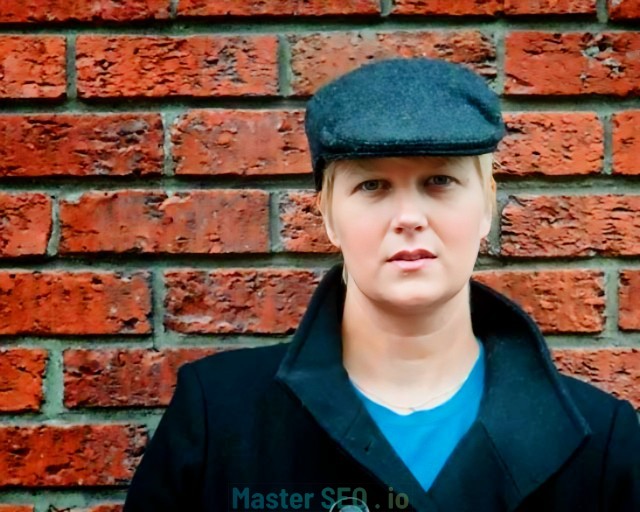SEO, Social Media, or Paid Search – Which Reigns Supreme?
Search Engine Optimization (SEO), Social Media Marketing, and Paid Search Advertising collectively represent the cornerstone of digital marketing strategies in today’s digitally-driven business landscape. Each of these strategies, while interconnected in several ways, brings to the table its own unique set of benefits and, likewise, its own inherent challenges or drawbacks.
SEO is a strategic approach focused on enhancing a website’s visibility and ranking on search engine results pages. It hinges on understanding the algorithms and criteria that search engines use to rank pages and then optimizing your website accordingly to improve its chances of ranking high.
In contrast, Social Media Marketing taps into the power of various social platforms to promote a brand or product. This strategy allows businesses to reach out directly to their potential customers, interact with them, and build relationships. The key benefit of social media marketing is its capacity for direct communication and engagement with the target audience.
Lastly, Paid Search Advertising is a method of online advertising where marketers pay to display their ads on a search engine’s sponsored results section. Unlike SEO, which focuses on organic traffic, Paid Search Advertising revolves around paid traffic. The appeal of this strategy is the ability to provide immediate visibility and the precise targeting it offers.
Yet, while each of these strategies brings valuable advantages, they also come with their own set of drawbacks. For instance, SEO can be a time-consuming process requiring technical expertise, Social Media Marketing demands constant and engaging content creation, and Paid Search Advertising can become a significant expense depending on the competition for keywords.
Moreover, to fully understand the pros and cons of SEO, it is crucial to understand that the effectiveness of these strategies can vary significantly depending on a business’s specific context and goals. Various factors, such as the nature of the industry, the target audience, and the company’s marketing objectives, can all influence which strategy will deliver the most return on investment. Therefore, businesses must carefully evaluate these factors to choose the right mix of SEO, Social Media Marketing, and Paid Search Advertising strategies.
| SEO | Social Media Marketing | Paid Search Advertising | |
|---|---|---|---|
| Pros | Long-term results: Once your site ranks high on search engine results pages (SERPs), you can receive steady, continuous traffic without paying for each click. Cost-effective: You do not have to pay for ads in SEO, making it a cost-effective strategy over the long term. Building trust and credibility: High rankings in organic search results can create a sense of trust and credibility among users, as they often perceive these sites as more authentic and less “salesy” than paid ads. Evergreen: Good SEO is focused on providing quality content and a good user experience. The value of this lasts beyond the immediate time frame. | Direct engagement: Social media allows you to engage directly with your audience, answer their questions, get feedback, and build a community. Brand awareness: Social platforms can help increase brand visibility and recognition. Targeting: Social media platforms have robust targeting options, allowing you to reach your specific audience based on their demographics, interests, and behaviors. | Immediate results: Unlike SEO, paid search advertising can show immediate results. Your ads can start appearing the moment your campaign is live. Precise targeting: Paid search allows you to target specific keywords, demographics, locations, and more. Flexible and controllable budget: You can set your budget based on your business needs and can control how much you spend on a daily or monthly basis. |
| Cons | Takes time: SEO is not a quick fix. It takes time to build authority and rank high in SERPs. This can take months, or even years, depending on competition and other factors. Complex and ever-changing: SEO is complex and requires a deep understanding of how search engines work. The algorithms are also constantly changing, so you need to keep up with the latest trends and guidelines. No guarantee: Despite best efforts, it’s impossible to guarantee top ranking in search results as search engine algorithms are proprietary and not fully disclosed. | Requires constant engagement: Successful social media marketing requires continuous engagement. This can be time-consuming and requires a solid content strategy. Not always transactional: While social media can help increase brand awareness and engagement, it may not always directly lead to conversions or sales. Potential for negative publicity: Social media platforms are public, and negative comments or reviews can be seen by others, which could harm your brand image. | Can be expensive: Depending on the competitiveness of the keywords you’re bidding on, paid search advertising can be expensive. Doesn’t build long-term value: Once you stop paying, your ads stop appearing. Unlike SEO, paid search does not build long-term organic visibility. Clicks ≠ conversions: Clicks on your ads do not guarantee conversions. If your landing pages are not well optimized, you may end up paying for clicks that don’t convert. |
Consider your business goals, resources, and the competitive landscape to determine which strategy is best. If you want immediate visibility and have the budget, paid search advertising might be a good option. If building a community and brand awareness are your goals, consider social media marketing. Investing in SEO could be your best bet if you want long-term, sustainable results. However, using all three strategies where appropriate, a balanced and integrated approach often yields the best results.

Jenn Mathews, known as the SEOGoddess, is an esteemed expert in Enterprise SEO with over 20 years of experience. She has held key positions at organizations like GitHub, Groupon, and Nordstrom, where she has showcased her expertise in technical SEO, strategic development, and championing SEO within large enterprises. Jenn now shares her knowledge through mentoring, writing for Search Engine Journal (SEJ), Search Engine Land (SEL) and speaking engagements.




